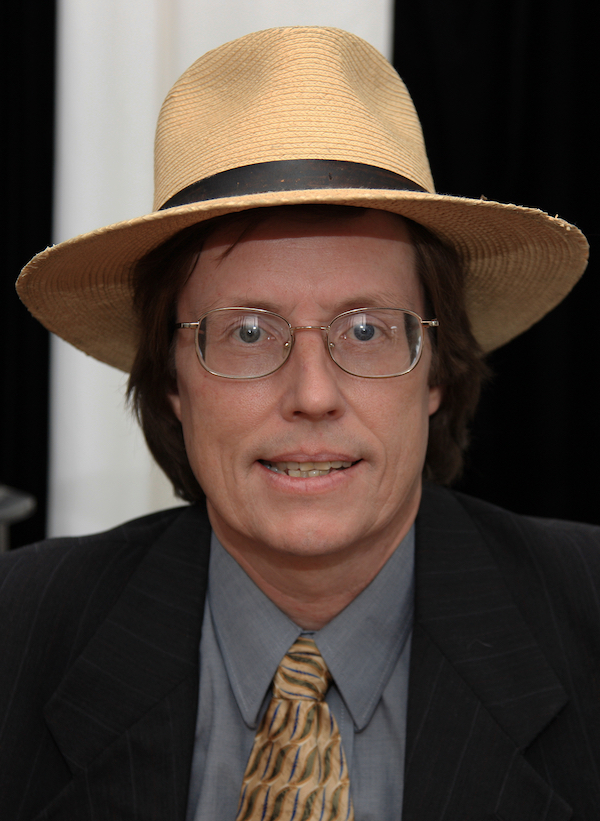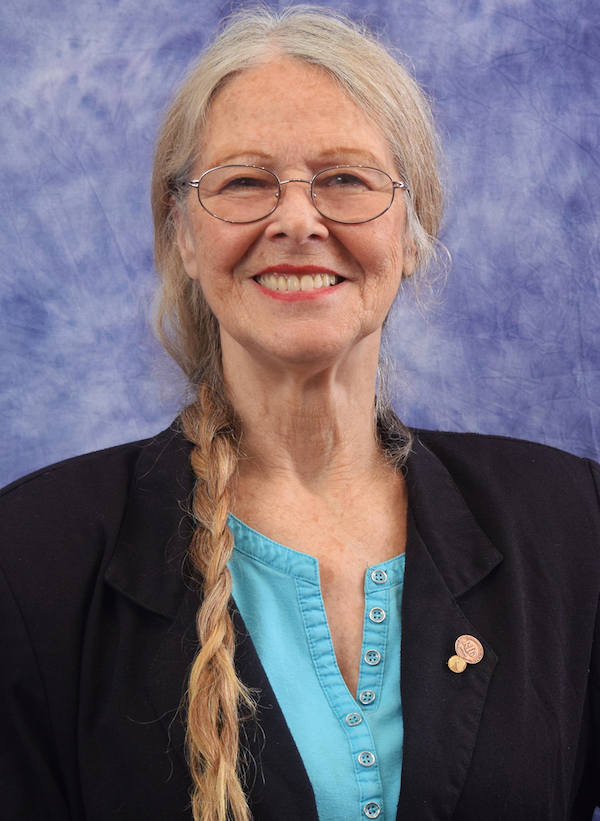By David Pierce
In 1979, captioning was in its infancy on broadcast television. Services were provided by Caption Center (which had been doing it since 1972) and National Captioning Institute, which was launched in 1979 to serve as competition to Caption Center. Only a few television series were being voluntarily captioned, as Federal Communications Commission captioning regulations did not yet exist.
Also that same year, Silent Network was launched in Hollywood to provide broadcast television programming for viewers who were deaf and hard of hearing using sign language, open captions, and full sound on broadcast and cable. The word “SILENT” is an acronym: “SIgn Language ENTertainment.”
It was a pioneering time for accessible television, and the general public was being exposed to captioned and sign language programming on a national basis. Silent Network was founded by Hollywood veteran Sheldon I. Altfeld and Kathleen Gold. Gold’s daughter, Julianne, was born deaf, and became a Broadway actress appearing in the original Tony Award–winning production of “Children of a Lesser God.” The founders identified the need for actors and producers who were deaf and hard of hearing to have a place to work, and the network was formed to fulfill that goal.
The network’s first program, “Sign of Our Times,” aired on NBC in 1979 during a prime-time slot and was hosted by comedian Norm Crosby. The response was overwhelming, and the network expanded its offerings to broadcast, cable, and satellite. By 1995, it was a full network airing 24 hours a day, 7 days a week. Around the same time, when broadband internet was relatively new and serving low-resolution streaming video, it was one of the first 24/7 networks to stream its live satellite signal to the internet simultaneously.
Silent Network cofounders Sheldon I. Altfeld and Kathleen Gold with comedian Norm Crosby during the production of "Sign of Our Times" in 1979.
Over the years, as it earned several Emmy Awards and other accolades, Silent Network weathered ongoing changes in the media landscape but eventually ran into financial difficulties. It entered into economic hibernation in 2000 when the network went off the air via satellite. However, with the advent of over-the-top (OTT) television, which allows content creators to stream their products directly to consumers, the network relaunched in 2017.
Along with Silent Network and its sign language programming, a new network called Access Network was launched in 2018, providing open captioned and language-free programming for the general public and deaf, hard of hearing, and people learning English as a second language. The language-free content can be viewed by anyone around the world, with strong visuals relaying the story instead of spoken word. In 2019, as part of its 40th anniversary celebration, Silent Network launched a second OTT network for Roku players and TVs, free to Roku subscribers.
In the network’s long history, it has experienced different owners, resulting in several changes to the network’s name. In recent years, the network reverted back to its original name of Silent Network by the current owners—my wife Robin Byers-Pierce, and me.
As the network’s longest-standing alumnus and profoundly deaf, I was involved with several aspects of the network over a 32-year period as it underwent various incarnations. I currently run the post-production and master control operations of the network at our two locations in Texas. Robin, also a longtime alumnus who is hard of hearing, handles editing, captioning, and interpreting work for the network.
Herb Larson (left) and Lou Fant (center) with actor Lou Ferrigno on the set of Silent Network's long-running series “Off-Hand.”
With the network’s large archive of 15,000 programs, videotape preservation and restoration work is a regular practice in order to preserve the content for the benefit of future generations. Most broadcast videotape has a shelf life of between 20 to 35 years (dependent upon proper storage conditions), so it is a ticking time bomb for the older programming. Our film and video preservation company, Davideo Productions, performs the restoration work.
The network’s content is varied to target different age groups and constituencies. On a new service called Access Community, which is part of Access Network, professional content providers can contribute their own unique programming in sign language. Viewers who are hard of hearing, especially senior citizens who lost their hearing later in life, seem to gravitate toward the open captioned programming on Access Network, especially classic films and television shows. People for whom English or sign language is not a native language can enjoy the language-free programming that has no dialogue.
New content is added to both Silent Network and Access Network on a weekly basis. Robin and I are proud to carry on the network’s legacy of accessibility and inclusion.
For nearly 35 years, David H. Pierce has worked in all aspects of television programming and production and has a long list of production credits. A writer and advisory board member for this magazine in the 1980s, Pierce is a managing partner of Silent Network. A certified sign language interpreter since 1976, Robin Byers-Pierce owns Specialty Interpreters and is a partner at Silent Network. For more, see thesilentnetwork.tv, accessnetwork.tv, davideo.tv, and channelstore.roku.com/details/285737/access-network.






